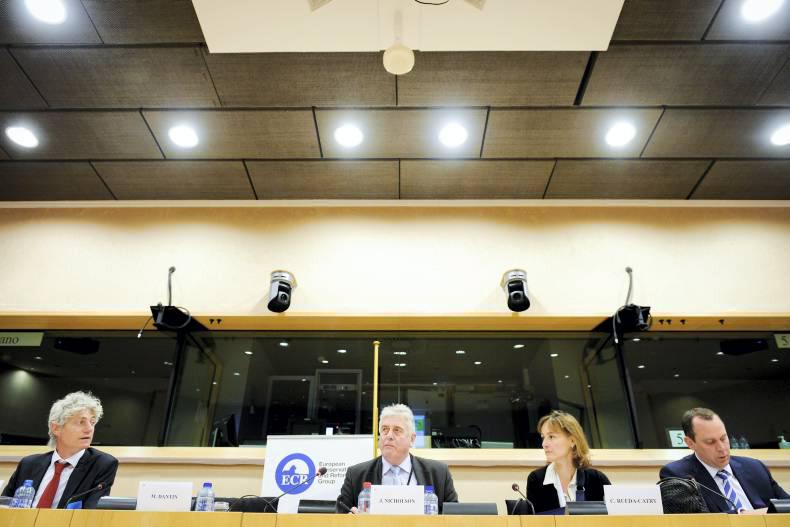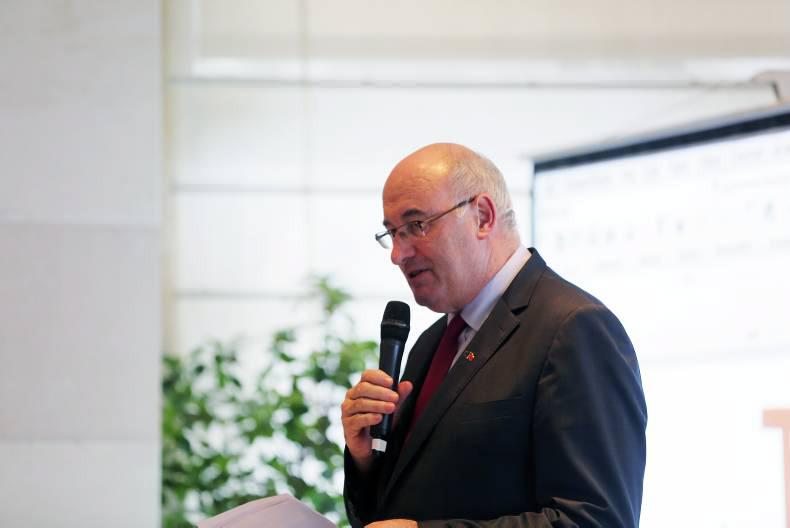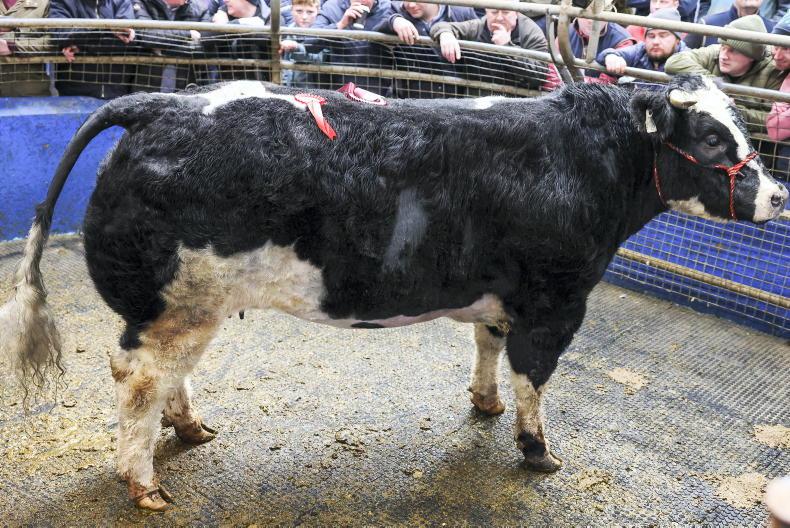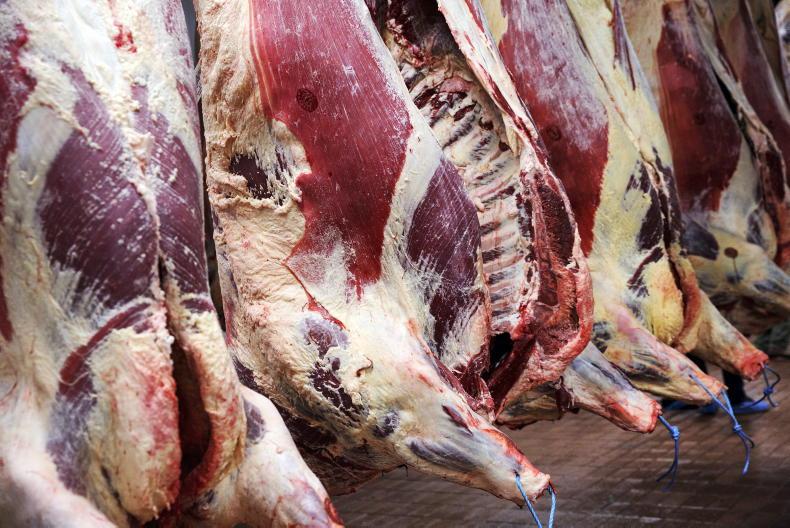The exchange of offers between the EU and Mercosur last week proved something of an anti-climax because no details were made available. However, leaks do happen in Brussels and industry trade publication Agra Facts is carrying a well-informed insight of what is included by the EU in its opening offer.
Though there is a risk of Mercosur overload, the reality is that there is no greater threat to Irish and EU farmers among all the trade discussions that are currently ongoing. While the EU Agriculture Commissioner will no doubt defend farming the reality is that there are twenty seven other commissioners, many of whose priorities are far removed from farming.
Markers
The EU has put down a number of markers that would have been expected by the industry. The EU offer is based on Mercosur accepting the elimination of export duties on soybeans and resolving on-going sanitary and phytosanitary issues, which is the basic rules for food safety, animal and plant health standards.
The EU is also insisting on finding a satisfactory outcome on Geographical Indications, PGI’s as they are commonly known. These are a major issue in many EU countries, and while there are examples in Ireland such as Armagh bramley apples, Comber potatoes, Lough Neigh eels in the north plus Connemara hill lamb and the Waterford blaa, PGI’s aren’t as sensitive in Ireland as they are elsewhere.
The EU is also insisting on the removal of trade defence mechanisms such as anti-dumping measures on milk powder, the introduction of EU standard rules for laying eggs and regulation and maintenance of the entry price scheme for fruit and vegetables. As well flagged previously, beef is out but the consensus is that that is only for now.
Quotas
Highlights of the offer and rates include 78,000t of chicken and turkey, with a tariff rate quota (TRQ) of €49.30/t, 3,000t of high quality pork cuts and 9,250t of lower quality cuts at a TRQ of €83/t.
Dairy was identified as likely winner with sales potential from the EU to Mercosur. However, for the weak EU dairy market at present the offer to Mercosur of 20,000t of cheese with a TRQ of €226/t, 13,000t of milk powder at €251/t and 4,000t of butter at €284/t looks generous. On cereals it is suggested that the EU has offered 700,000t of maize/sorghum and 200,000t of wheat at a TRQ of €6.50/t.
Overall the EU is thought to be liberalising 89% of its tariff lines in the offer and suggesting an implementation time frame of six years. It should be highlighted that this is an opening offer around which negotiations start. It is likely that the finished deal, if it arrives at all, will be substantially different.
Meanwhile, Brazil haven’t been shy in demanding a large beef element in any deal, suggesting that 150,000t is needed with the original 78,000t that was previously mooted by the EU not impressing them. This is very much where the threat to the sustainability of Irish and EU farmers comes from and it will take serious lobbying by Irish and EU farm interests to oppose this if the negotiations on other issues are progressing.













SHARING OPTIONS